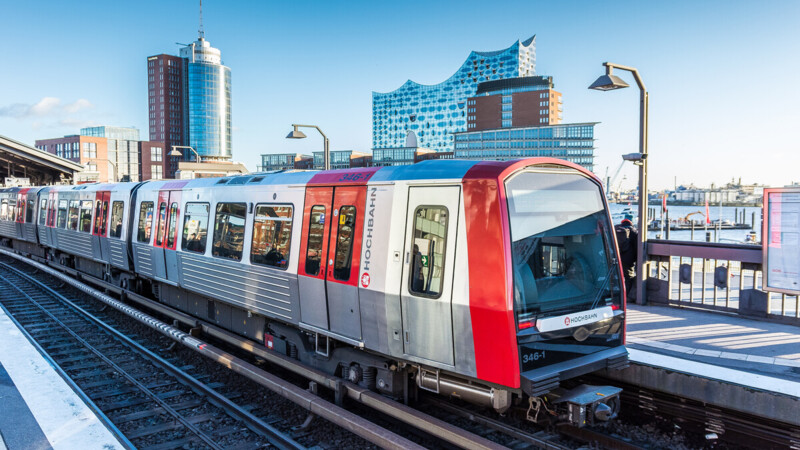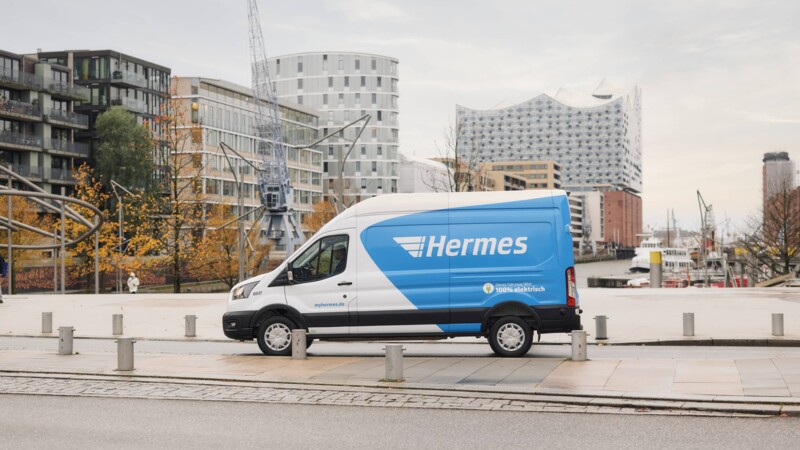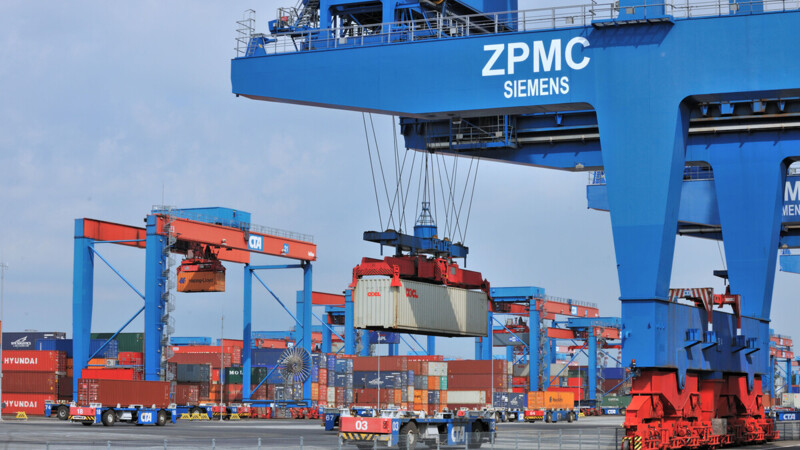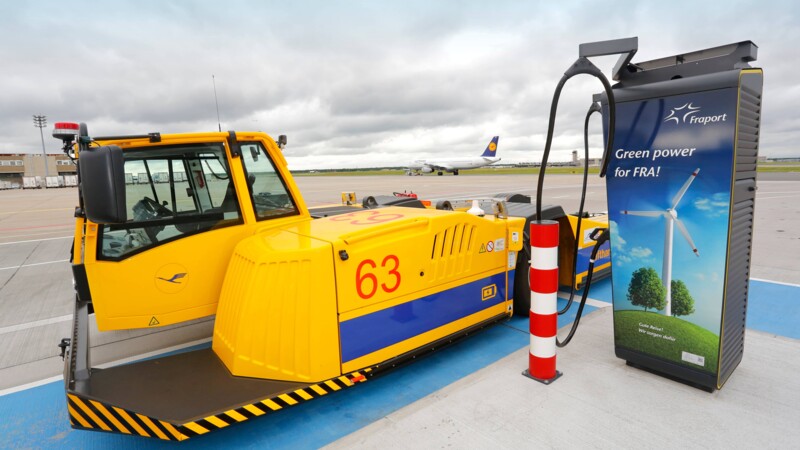The mobility transition in Hamburg continues to gather pace. According to a survey by Hamburg's Ministry of Transport, 68% of Hamburg residents were already travelling by public transport, bicycle or on foot in 2022. The aim is to increase this share to 80% by 2030. And yet Hamburg has set itself even more ambitious targets for 2030, as the Hanseatic city has been chosen as a metropolitan model region for mobility. In this context, Hamburg is collaborating closely with the EU Commission and the German Federal Ministry of Transport. Among other things, the partners intend to put 10,000 autonomous vehicles on Hamburg's roads by 2030 and digitise the local S-Bahn infrastructure with a view to autonomous driving. Smart and digital solutions generally play an important role in Hamburg: over the past three years, the Hanseatic city was repeatedly ranked at the top of the nationwide Smart City Index, making it one of the smartest cities in Germany.
Urban laboratory for intelligent transport in Hamburg
Mobility for the city of the future
ITS strategy for connected transport in Hamburg
An important component of the mobility transition is the ITS strategy for intelligent transport systems adopted in 2016. The strategy is aimed at identifying and implementing solutions for sustainable and interconnected transport in the following six fields of action:
- Data and information (Urban Data Platform)
- Intelligent traffic management and control (Traffic Light Forecast)
- Intelligent infrastructure (Hamburg Box)
- Intelligent parking
- Automated and connected driving (TAVF-HH)
- Mobility as a service (Moia, loki)
In Hamburg, mobility as a service is being forged ahead e.g. with the HVV Switch App. The app is meant to supplement the entire range of existing public transport services with on-demand shuttles, car sharing and micromobility, such as e-scooters, and make these easily accessible both online and offline. The overall goal is to enable everyone in Hamburg to reach a public transport service within five minutes by 2030.
Climate-friendly mobility & transport thanks to emission-free drives
At the ITS World Congress 2021 in Hamburg, the Hanseatic city was able to present its range of successful transport projects to the industry, including digital port and logistics solutions, drone projects and sustainable mobility concepts. Alternative drive systems are a key to climate-friendly mobility. Here, too, Hamburg is making decisive progress in several projects. The Future Taxi project, for example, aims to promote the switch to emission-free taxis. In January 2023, more than 600 e-taxis were already on the road in Hamburg. Several hydrogen-powered taxis are also in use.
As an evolving hydrogen centre, various logistics and aviation projects are also being driven forward in Hamburg. For example, the Hamburg Aviation cluster is working on making flying more sustainable with "green" fuel. At the same time, the infrastructure is being further expanded. In addition to hydrogen refuelling stations, more and more charging stations for electric cars are being installed. In order to futureproof Hamburg as a logistics centre, sustainable logistics are also being promoted. One example of this is Hermes Germany, which now delivers its packages in the urban area completely emission-free.
Autonomous and customised car sharing made in Hamburg
Another important mobility trend in Hamburg is autonomous driving. The startup Vay, for instance, is trialling tele-driving technology, whereby a car-sharing vehicle is remotely driven to the customer's front door, if required. In addition, driverless e-shuttles, such as the Holon-Mover by Hochbahn and Holon, are set to be on the road for public transport in a few years' time. In the south of Hamburg, driverless on-demand shuttle services are supposed to supplement public transport services as early as 2025. As part of the AHOI project (Automation of the Hamburg on-demand service with integration into the public transport system), 20 autonomous vehicles are to supplement the HVV Hop shuttle service. The practicality of this technology has already been tested as part of the HEAT project, where autonomous minibuses were in operation in the HafenCity district until 2021.
In addition to technological advances, sustainable solutions are also becoming ever more important. For example, last-mile delivery by cargo bike is increasingly being expanded in Hamburg. In general, small vehicles from the micromobility segment, such as e-scooters, scooters and bicycles, play a crucial role here. The young Hamburg-based company Wunder Mobility, for instance, provides the necessary software and hardware and has successfully established itself on the market.
What else does the future hold for transport in Hamburg?
Going forward, Hamburg is committed to advancing the mobility transition further. In 2025 and 2027, Hamburg will host the world's most important public transport congress: the UITP Global Public Transport Summit. The Hanseatic city is looking forward to once again showcase its range of innovative mobility concepts. With the support of the Federal Government, Hamburg has also applied to host the Velo-city 2026 conference. This global cycling summit would be an ideal supplement to the UITP and the previous ITS Congress. This is because Hamburg also seeks to position itself as a cycling city, e.g. by expanding the network of high-speed cycle paths in the Hamburg Metropolitan Region.
In future, the Hamburg Wireless Innovation Competence Center (HAWICC) is also going to play an integral role in urban mobility and logistics. The new facility will be dedicated to deveoping and testing wireless technologies such as 5G and the Internet of Things (IoT). HAWICC is to become one of three locations of the German Center for Future Mobility planned by the Federal Ministry of Transport and Digital Infrastructure (BMVI).





